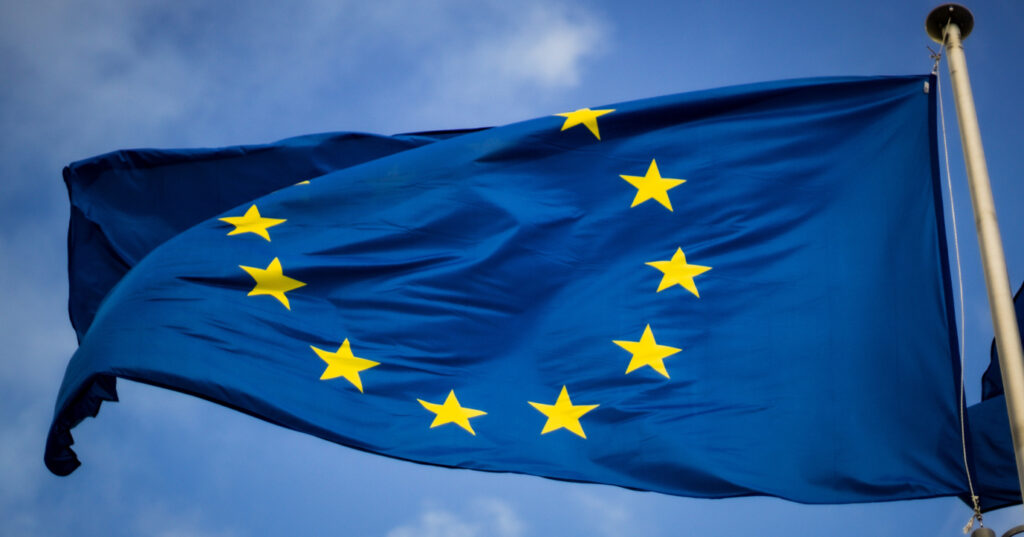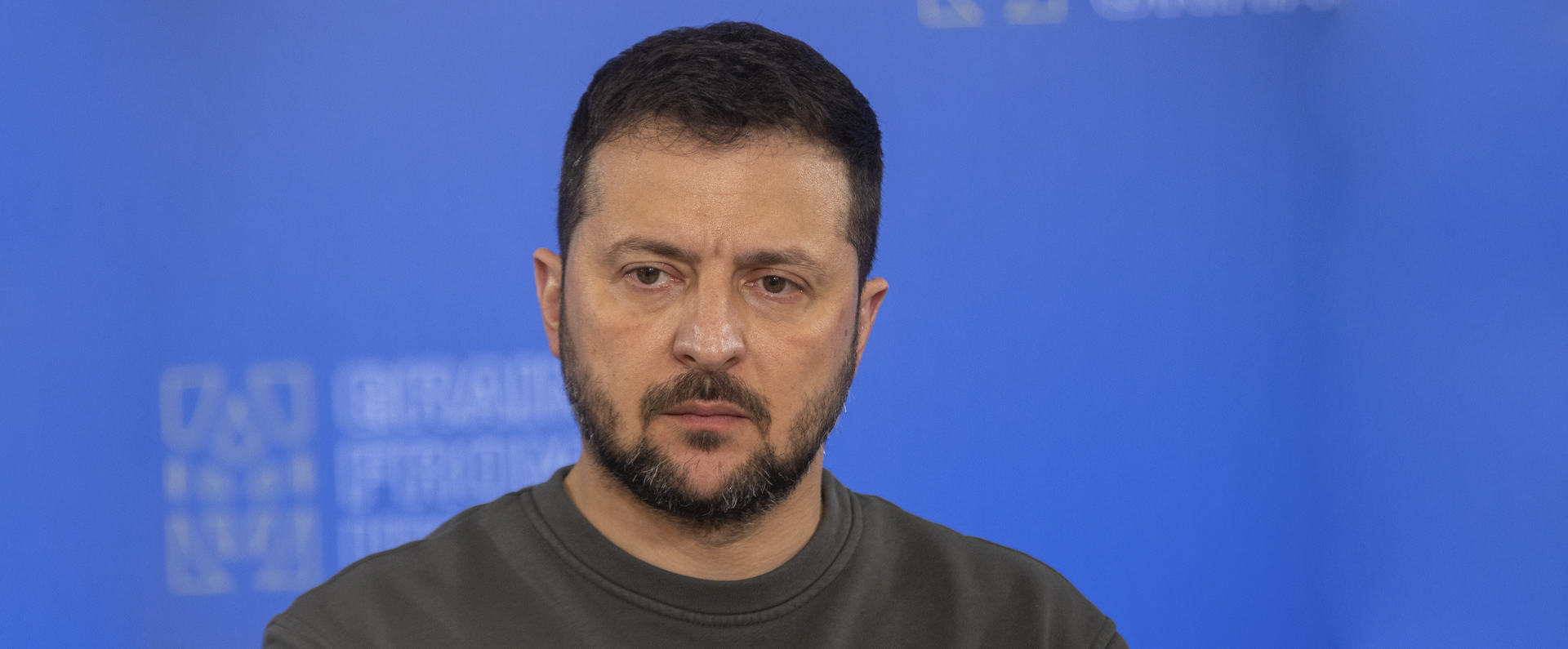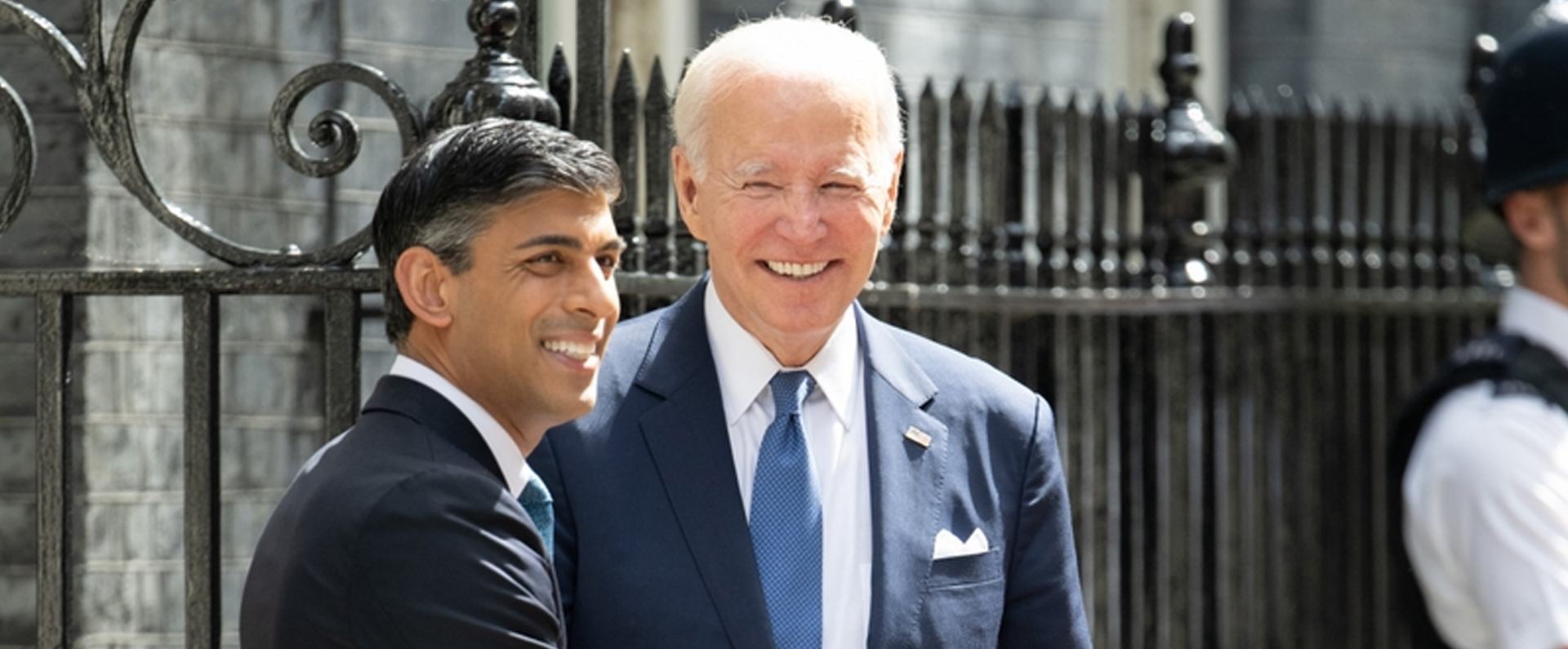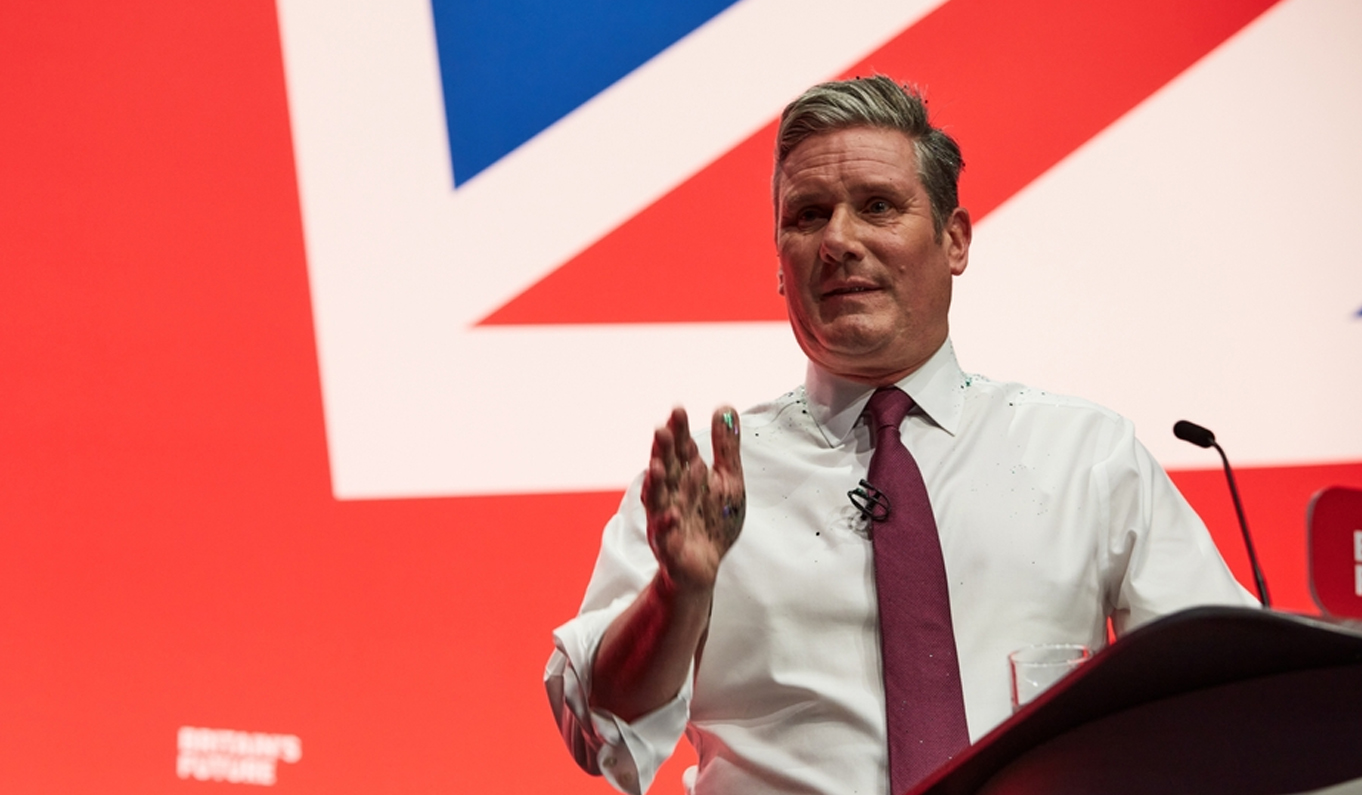
Published in The Sunday Times on 04 October 2015
The toxic ‘E word’ has long plagued David Cameron. Now the incendiary biography of the PM by Michael Ashcroft and Isabel Oakeshott reveals that for all his Eurosceptic posturing he has privately declared he would not quit the EU
RED-FACED and spitting expletives, David Cameron was having a rare and very un-prime-ministerial loss of cool. The immediate object of his fury was Zac Goldsmith, the multimillionaire MP — and now candidate for London mayor — who was sitting in his Downing Street office. The more general source of his frustration was what he called the “E word”: Europe.
It was October 2012, and Eurosceptic Tory backbenchers were giving him yet another headache. For as long as he could remember they had been badgering him to commit himself to offering an EU referendum, a constant source of grief. Now they were kicking off about the European Union’s budget, making demands he considered hopelessly unrealistic. Soon there would be a vote on the issue, and he was set to lose.
The row was being pitched as a test of his authority on Europe — again. It was all so familiar: Eurosceptic MPs had been causing trouble for Tory leaders ever since Cameron had been a young researcher. Now it was his turn to feel the heat. But where exactly did he stand?
As early as the 1990s, there was confusion over the scale of his hostility to Europe. While he was searching for a parliamentary seat, Cameron was dismayed to discover he had been classified as a “question mark” on a document categorising hundreds of Tories as “Europhile” or “Eurosceptic”. Compiled by an academic, Dr Sean Gabb, the “Candidlist” was designed to stop candidates deceiving selection panels on what its author described as “the most important issue of our time”.
Nowhere was this more sensitive than in Witney, where Cameron was trying to succeed Shaun Woodward MP, a defector to Labour who had glossed over his Europhilia to win selection in 1997.
A question mark was potentially damaging to Cameron, indicating he had avoided giving a view or would simply obey party whips. Some prospective parliamentary candidates took the list so seriously that they threatened to sue.
For his part, Cameron emailed Gabb to protest about his classification.
Gabb has now revealed their private correspondence. It was a lengthy and somewhat ill-tempered exchange, in which Cameron argued that he should be designated a Eurosceptic “on the basis that I oppose the single currency and any further transfer of sovereignty from the UK to the EU”.
However, he conceded he was not in favour of withdrawal — “the answer is no” — and accepted that EU law was supreme in some cases (“I don’t like it, but it’s a fact”) which further fuelled Gabb’s suspicions about his status.
“Your complacent tone does you no credit whatever,” the academic told him. “It is only because I believe you are sincere in what you say that I do not reclassify you as a Europhile.”
Alarmed, Cameron shot back a missive saying Gabb must have misunderstood his position. “I am not a lawyer and perhaps my original email put it the wrong way,” he wrote. “But these are my views — no to the single currency, no to further transfer of powers from Westminster to Brussels and yes to renegotiation of areas like fish where the EU has been a disaster for the UK. If that is being a Europhile, then I’m a banana.”
Further missives followed, after which Gabb reluctantly reclassified Cameron as a sceptic.
In his own constituency, where Woodward’s treachery was still raw, Cameron knew he had to sound hardline. To reassure local activists, he would occasionally invite his staunch Eurosceptic colleague John Redwood to visit and give a talk, which could be guaranteed to strike the right note.
“He said one of the reasons he wanted me to come was because my views were much prized among his voters,” Redwood recalls. Yet as he put it himself, Cameron was no “Euro obsessive”.
Fundamentally Eurosceptic, he was never stridently so. Cameron’s friend and ally Sir Nicholas Soames MP says: “He’s Eurosceptic, no shadow of doubt. He’s immensely irritated by it and frustrated by it in every way. But he’s not a ‘get out’ man.”
While courting Eurosceptic Tory MPs during his leadership bid, Cameron was honest about where he drew the line. The Conservative MEP Daniel Hannan says: “I was impressed, after years of listening to Conservatives hinting at some inner Euroscepticism, by his frankness. He said, ‘I don’t think we should leave the EU, I know we’re going to disagree about that; but you’ll have the chance to put your case.’”
Iain Duncan Smith agrees that Cameron has never viewed Europe as a die-in-the-ditch issue. “If you asked him instinctively, how much of what the EU does do you think is good, I think the answer would probably be not much. Does he think it’s worth having huge bust-ups and fights over? No.”
Even so, Cameron provoked a row when he tried to win over Eurosceptics during his leadership campaign with a commitment to withdraw Tory MEPs from the European People’s party, a grouping of centre-right parties in the European parliament, viewed with suspicion because it contained federalists.
In his capacity as Cameron’s “eyes and ears”, Desmond Swayne, his parliamentary private secretary, fired off an email to the leader warning that moderate Tory MEPs were “furious”. Unfortunately, he forgot to log off the Commons computer he used, and his missive was leaked to The Sunday Times, along with another, sent two months later, which warned of their “depression” and “dismay”.
“The feeling of frustration and impotence is compounded by our perceived silence on things European,” Swayne wrote.
Cameron’s ambivalence on Europe was always going to set him on a collision course with those in the party for whom the issue is paramount. Having witnessed at close hand the devastating electoral consequences when his party “banged on about Europe”, when he became party leader he considered the subject toxic, and approached it with extreme caution.
There was tacit agreement in his inner circle that he should talk about it as little as possible, to avoid being characterised as leading the “same old Tories”.
When the issue could not be avoided, he was deliberately bland. He immediately regretted an LBC radio interview in 2006, in which he described members of Ukip as “a bunch of fruitcakes and loonies and closet racists”. From that moment, the Ukip leader, Nigel Farage, took a personal dislike to him, vowing that they could never make any electoral pact.
The following year, Cameron made a “cast-iron guarantee” that he would offer a vote on the Lisbon treaty, which enhanced the process of European integration. But this was later dropped once it became clear that he was powerless to stop its ratification.
According to a well-placed insider, the U-turn upset at least one former Conservative prime minister. A close friend of the late Margaret Thatcher explained that, in her eyes: “If you’d said something, that was the same as doing something. She believed in delivering promises.”
Eurosceptic backbenchers and activists yearned for a leader who felt as strongly as they did. The spread-betting tycoon Stuart Wheeler, who once gave the party a £5m donation, summed up the mood among many during Cameron’s years as opposition leader when, in March 2009, he declared that he could no longer back the party in European elections.
“The Conservatives, though perhaps more Eurosceptic than Labour, just wish no one would talk about the EU so that they can win the general election in peace,” he complained.
It was true. Cameron had no desire to emulate the disastrous 2001 election strategy focusing on Europe and the threat to the pound. He simply hoped the issue would go away.
The low priority he gave to European matters in opposition reflected the view of the electorate, for whom the subject had always ranked below issues such as public services and the economy.
But from the moment he entered Downing Street, he found himself under relentless pressure from a significant and vocal tranche of his backbenchers to offer an “in/out” referendum.
It found expression in a series of private member’s bills and parliamentary motions and was a constant drag on his leadership. In October 2011, he infuriated many of his own MPs by ordering them to vote against a parliamentary motion calling for a referendum.
It triggered an almighty showdown. A total of 81 Tory MPs defied the whip, the biggest post-war rebellion on Europe. There had been nothing like it since 1993, when 41 Tory MPs defied John Major over the Maastricht treaty.
In this febrile atmosphere, Cameron did manage one spectacular PR coup. On December 8, 2011, he walked out of an EU summit after exercising his veto over proposals for fiscal union. Though the gesture changed little in Brussels, backbenchers were ecstatic, and the party bounced in the polls.
Privately, Cameron reflected that the positive reaction showed an entrenched Euroscepticism among most British voters. He was beginning to wonder whether any party — least of all his own — could enter the 2015 election without some sort of referendum pledge.
The following year, he clashed with backbenchers again, this time over the EU budget. The European Commission had outraged Eurosceptic MPs such as Goldsmith — and many British voters — by proposing a 5% rise, taking it to £898bn for the period 2014–20.
With Britain in the grip of austerity measures, the prime minister was under intense pressure from MPs to block the deal. While he believed the best he could deliver was a freeze, backbenchers, including Goldsmith, were pushing for a real-terms cut. Once again, Cameron faced a Commons revolt.
In the run-up to the vote on October 31, 2012, he lost his temper, letting rip at Goldsmith during a meeting in Downing Street.
According to a Whitehall source, he began pacing around his office effing and blinding and ranting about the “disloyalty” of those whose careers he had helped.
It was a highly unusual loss of temper that exposed his exasperation at finding himself in the same position as so many of his predecessors.
For all his attempts to dodge the Europe ball, like so many other Tory leaders, he found it being kicked in his face. A total of 53 Tory MPs defied the whip. Rebel leaders now warned that he faced a war of attrition with his own party.
Meanwhile, Ukip continued to gain ground, eating into the Tory vote (though as it turned out, the groundswell of support for Farage would not translate into Commons seats).
In Downing Street, Cameron was pulled in both directions, his fundamental Euroscepticism kept in check by his Europhile chief of staff, Ed Llewellyn, but fuelled by the discovery that it was difficult to achieve anything in government without bumping up against an EU regulation or directive.
He developed a particular distaste for EU summits, where he would become so bored he would while away time sending surreptitious text messages.
“He can’t stand all those dreadful meetings, having to sit through meals and sit up all night. He makes a great virtue of mocking it,” says a colleague.
A little over a year after his veto, in a landmark speech at the London headquarters of the American financial data and media giant Bloomberg, he finally caved in to the inevitable and pledged an in/out referendum on Europe before the end of 2017. The party was ecstatic. But first he promised to “renegotiate” Britain’s relationship with Brussels. The stage was set for the biggest test yet of his diplomatic skills, and the groundwork began immediately. First stop: Angela Merkel’s schloss in Germany.



